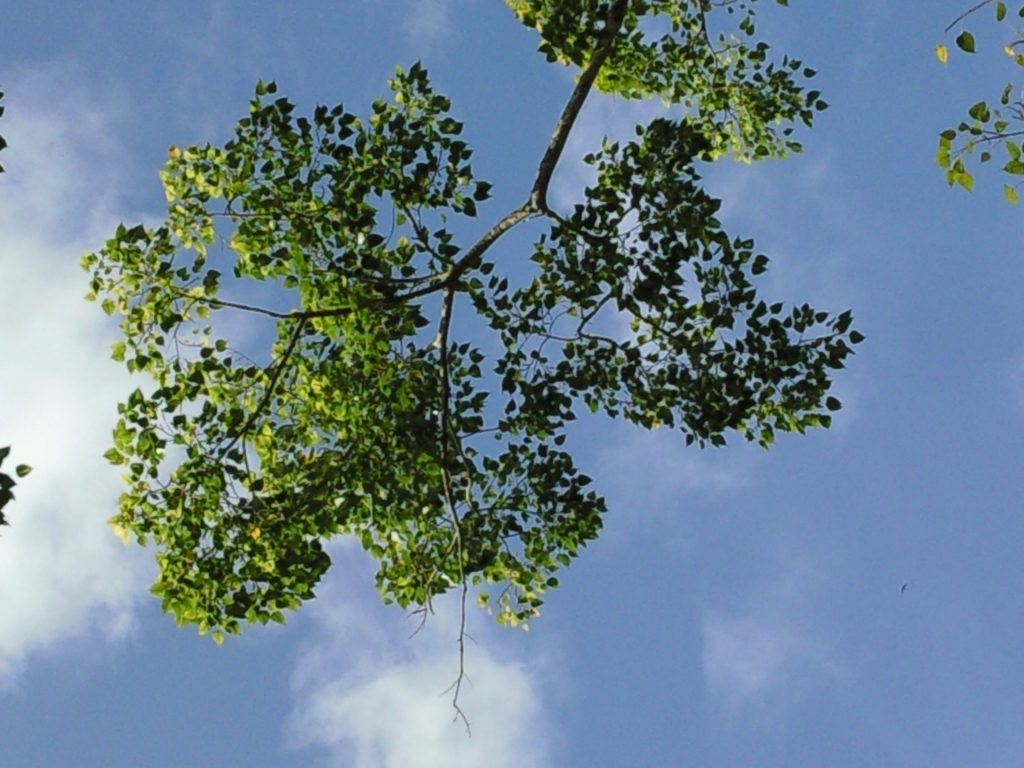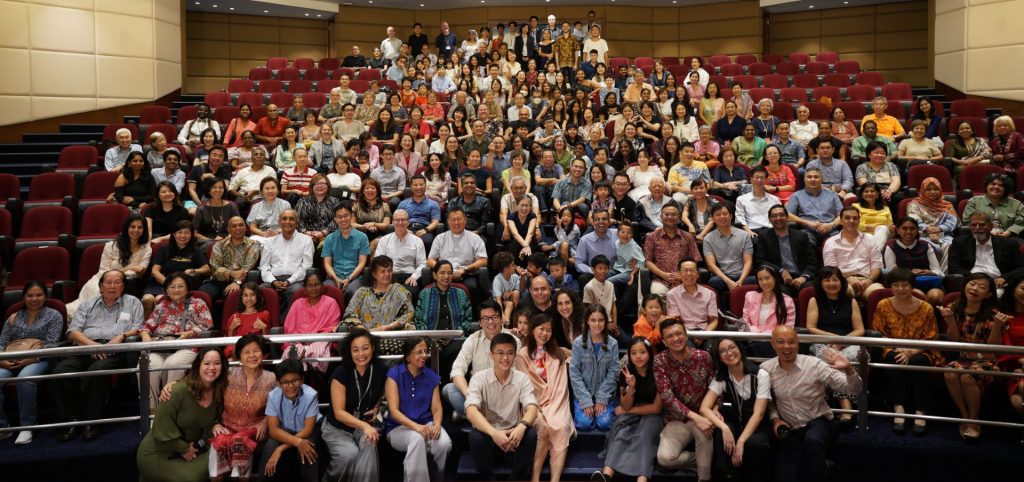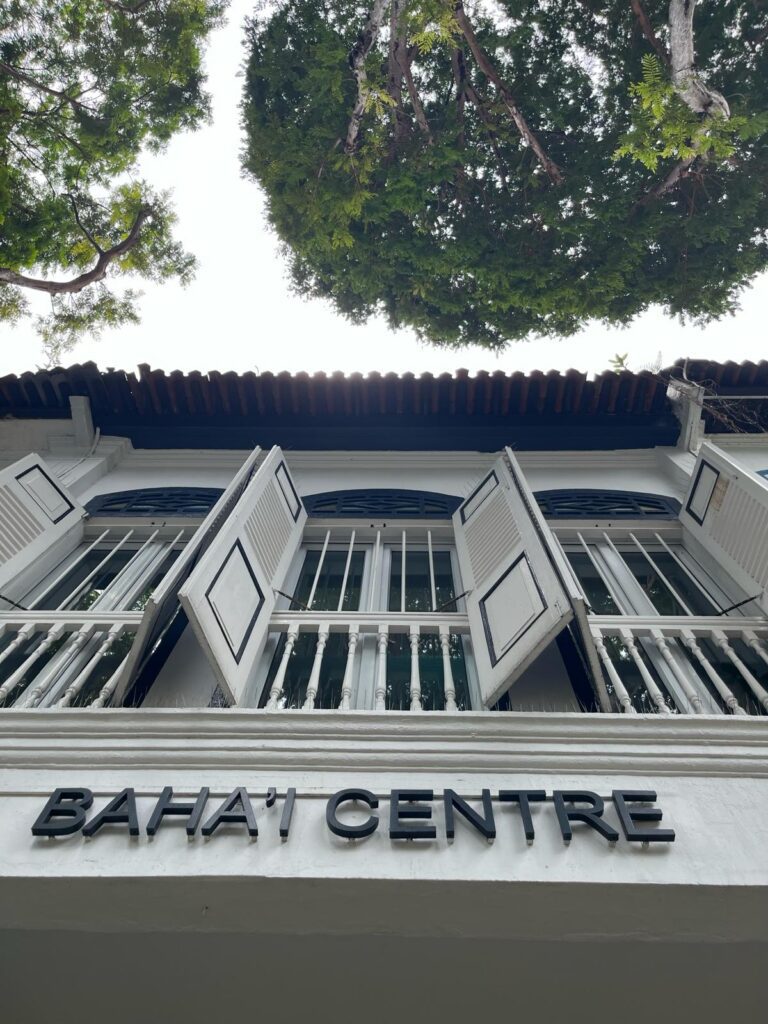Waves of one Ocean
building vibrant communities, inclusive of all

for which mortal men have, from utter nothingness, stepped into the realm of being, is that they may work for the betterment of the world and live together in concord and harmony
~ Bahá’u’lláh
Youth
that consciously pursues this collective purpose is the work of not only this generation, but of many generations to come, and Bahá’u’lláh’s followers welcome all who labour alongside them in this undertaking.
~ Universal House of Justice

Whether you are exploring the Bahá’í Faith, looking for ways to participate in a neighbourhood activity or just want to reach out, you can
We look forward to hearing from you.
Address: 55 Cantonment Road, Singapore 089754
Tel: +65 6222 6200
E-Mail: info@bahai.org.sg



The official website of The Spiritual Assembly of the Baha'is of Singapore
2025 © bahai.org.sg – All Right Reserved.